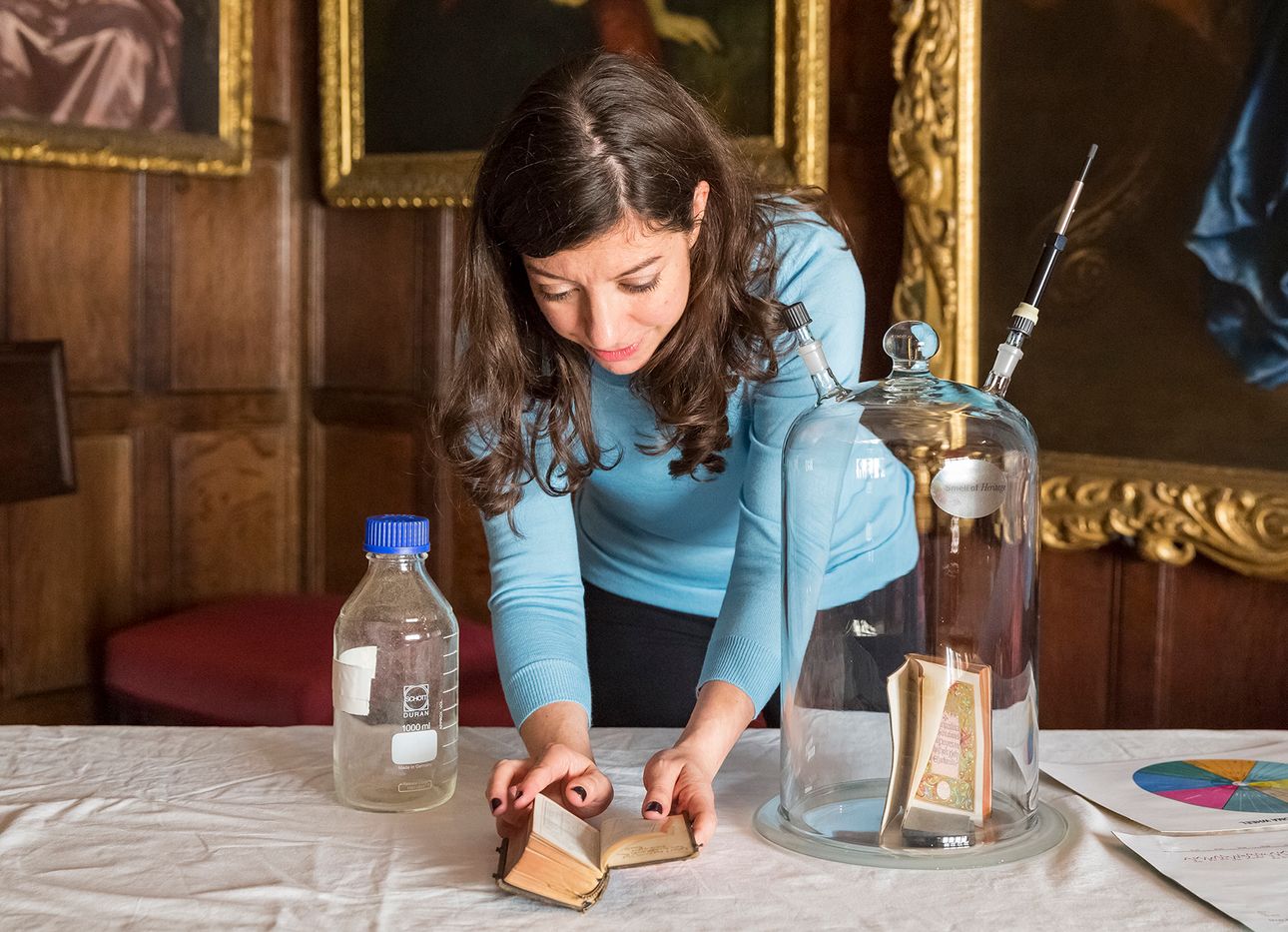
Cecilia Bembibre Is On a Mission to Save the Scents of History
“Smells can be a gateway to our history, helping us understand the sensory worlds of the past,” scent scholar Cecilia Bembibre tells us. A researcher at the University of College London’s Institute for Sustainable Heritage, Bembibre’s focus is rooted in the belief that smells are a crucial, if intangible, part of our cultural heritage—and her work aims to provide a structured approach in researching and preserving them. As part of her Ph.D., she launched Smell of Heritage, a project that delves into the invisible layers often overlooked in historical accounts, archiving aromas that range from leather gloves to mold to dusty old books.
Other examples of “heritage smells” include the banquets and sporting occasions of antiquity, when scents were “not just designed for individual expression, but an intrinsic component of collective moments,” as Bembibre says. Meanwhile, recreating a potpourri recipe from historic texts can offer insights into how a home of bygone centuries smelled, and the domestic perfumery practices that were once valued, but have faded over time. As ever, the difficulty of working in the realm of scent is that it is constantly treading new scientific and cultural ground. “Documenting and preserving the significance of a smell is a challenge, in part because there is no shared vocabulary to talk about scent,” Bembibre says. “Developing methods to preserve this meaning associated with smells is one of the focuses of our current work.”